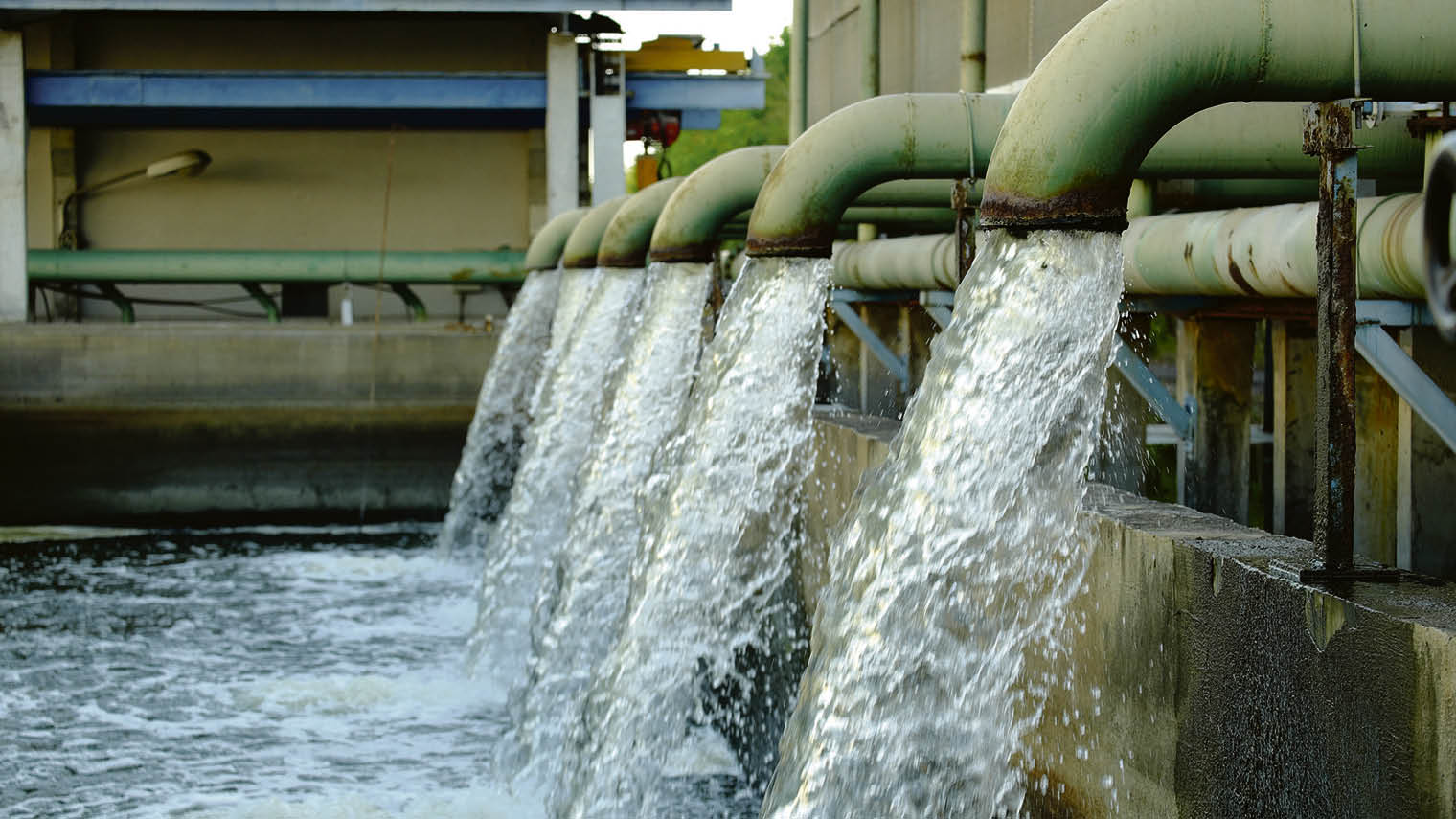Privatise water supply – Lawrence Jamaica

Calls have been made for increased privatisation of water supply in order to meet demand and improve efficiency across Jamaica.
The National Water Commission (NWC) supplies 190 million gallons of potable water each day to its more than 400,000 registered customers, representing about two million persons across the island.
There are approximately 16 private service providers of water and sewerage services in Jamaica.
In a panel discussion at last Thursday’s Jamaica National (JN) Climate Change, Sustainability and Innovation Water Summit, general manager of Jamaica Wells and Services, Windward Lawrence, shared that the issue of privatisation has been a “hotly contested debate” locally.
“Private entities are responsible to their boards, investors, and shareholders, therefore the bottomline of any private company is profitability. To a greater extent, the Government’s responsibilities lie with their citizens and this may, at times, be to the detriment of profitability, as there has to be some social aspect of water,” Lawrence explained.
He said that although government entities strive for profitability, they would not be operating at the same margins that makes the venture attractive to private organisations.
While Lawrence does not believe that a fully privatised industry would be prudent, or possible, in the near future, there is a tremendous opportunity for diversity in the water sector.
“Government organisations often find themselves bound by procurement procedures and bureaucratic red tape that do not lend itself to be the most efficient or responsive to the needs of society. It is in these areas that the private companies can fill the gap,” he said.
Lawrence recommended three ways through which privatisation could take place in the water sector.
He explained that private companies could serve as independent bulk water providers by using new infrastructure or taking over existing ones that have become defunct.
Regarding the new infrastructure, the private company could serve areas that historically have a shortfall in water supply.
The next approach would see investors taking over existing derelict supplies, where the water quality has deteriorated and is in need of additional treatment.
Second, there is an opportunity for private companies, in conjunction with developers, to build the water supply plants with the sole purpose of planning to operate the water supply.
“There are private companies already doing this in several communities across Jamaica, and this type of partnership provides a number of advantages for those involved. It guarantees clients for the private water companies; the developers do not have to go out of their way to source equipment from NWC’s approved equipment list and as private water companies, these developments normally have a higher compliance and can turn a profit in a short period,” Lawrence detailed.
Third, hospitals and schools, which have a high demand for water in areas where the NWC’s supply is limited due to the quality of water or lack of volume or where the infrastructure is oversubscribed.
This is a prime opportunity for private water companies to provide water through metered connection at an agreed tariff.
PRIVATISATION RISKS
Lawrence argued that though there are many positives to privatisation, there are pitfalls primarily because revenue collection is a problem facing Jamaica in the water sector and other service sectors.
He said the view that water is a natural resource and therefore should be free is one that persists in the psyche of Jamaicans and needs to be abolished in order for economic growth to take place.
Economist Dr Michael Witter suggested that private investment of Jamaica’s water supply could include community organisations, which could capitalise their labour for various local water suppliers.
“We have to make sure that we bring in the private owners of forests who have access to water resources on their lands. We also need to find ways to encourage pension funds and insurance funds that seek long term investments into water projects,” Witter explained.
For her part, gender and community specialist Linnette Vassell asserted that governments, historically and into the present, have failed to implement policies that give effective recognition to water and sanitation as a human right.
She pointed out that recognising water as a human right does not entitle people to free water or the entire population to household connection.
“This is a detriment to the health, livelihoods and dignity of citizens in rural communities in particular, and some urban areas as well,” she lamented.
WATER COLLECTION
According to the National Water Sector Policy (2019), some 30 per cent of Jamaicans obtain water from standpipes, water trucks, wayside tanks, community catchment tanks, rainwater catchment tanks and direct access to rivers and streams.
Eight per cent of the population and 13 per cent of those who reside in rural areas get water from unimproved sources.
“We cannot be blinded to the effects of privatisation globally, and even in our own context. Regardless of the modality that we use, there can be no doubt that the aims of privatisation are profit maximisation and that those have consequences, unless certain regulations are put in place,” Vassell reasoned.
She pointed out that it is well documented that higher water charges and inequalities can deepen, as the Government does not have the capacity to put in place stringent regulations.
Going forward, Vassell said community management of water must be revisited and the Government must recognise that planning is being done for all, including rural Jamaicans.
Share Now:
